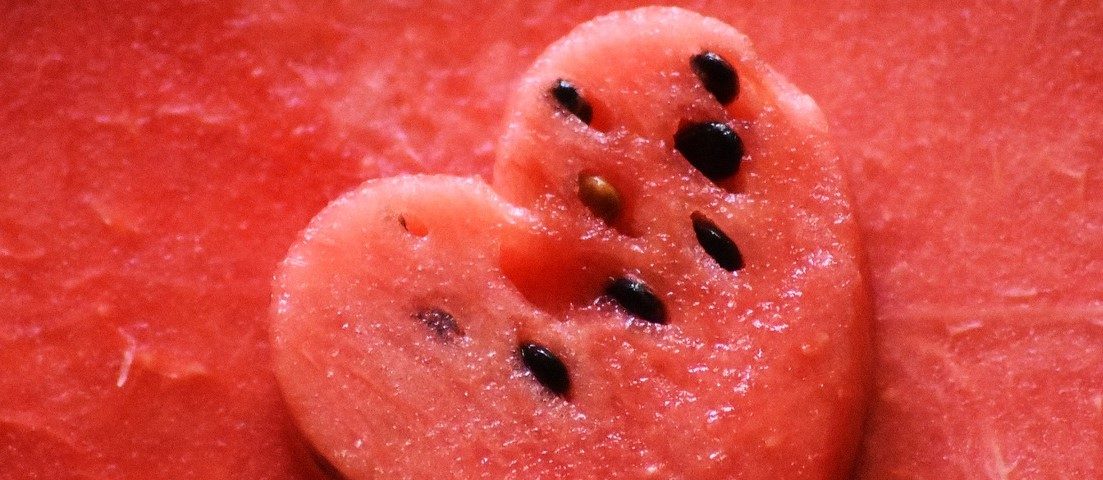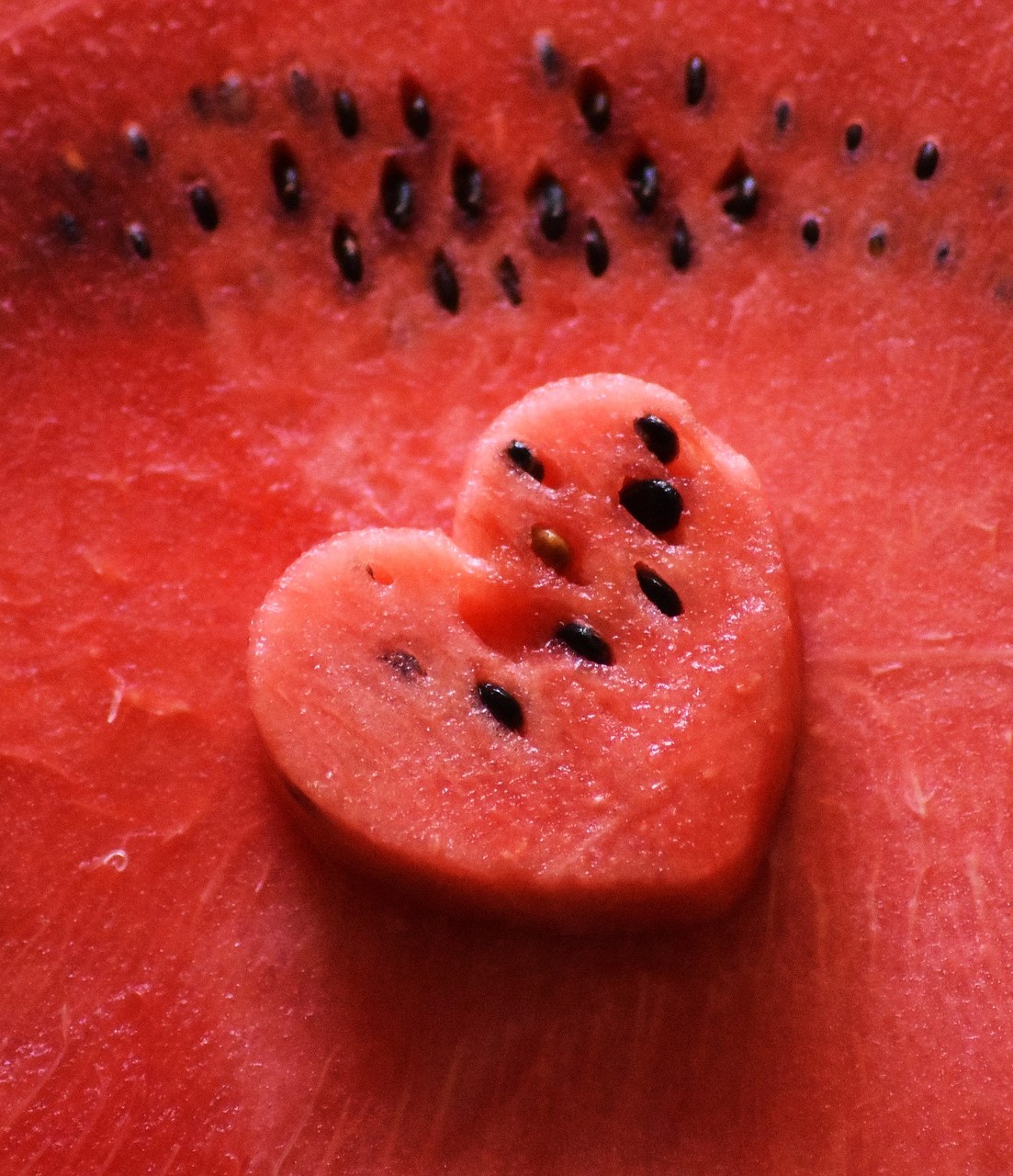Top 3 Melons In America and Tips To Grow Them

Top 3 Melons In America and Tips To Grow Them
America leads the world in Melon consumption by eating an average of 27 lbs of melon per person, every year! (I think I already met my quota just this last week alone!) Let’s show you America’s TOP 3 Melons, how to grow them yourself, and how to tell when they are ripe!
The TOP 3 are probably obvious, but knowing when they're ripe is sometimes a mystery!
#1 = WATERMELON
~ Over 120,000 acres of these beauties are grown each year in the US with over 85% grow as “seedless”. With an average of over 31,000 lbs per acre, that’s over 1.8 MILLION TONS of watermelon grown in the US each year, NOT including what you or I are growing in our yard!
~ Grow in deep (12-18”+) of rich, well-draining soil with a good 2” of mulch on top to help keep the maturing melons from rotting as they ripen. (pretty close to the same for every melon)
~RIPE WHEN:
1. Look for a yellow “field spot” & blossom end is clean.
2. Listen for a “Thump” (hollow sound) not a “Tink”
3. Feel the weight… the heavier the better. (an over-ripe melon sounds hollow, but feels light)
4. FIELD RIPE = Stem tendril is completely dry to the stem of melon
#2 = CANTELOUPE
~ Over 75,000 acres grown per year used in everything from salads to smoothies and beyond. It’s the most versatile of the melons and a great addition to any garden for its great taste as well as its thicker, more even ground cover.
~ Grow in deep (12-18”+) of rich, well-draining soil with a good 2” of mulch or even a bit of extra airflow around the ripening fruit that an inch of STRAW or woodchip on top can provide. You can even go vertical with thins one on a trellis is you want! Feed monthly with a fish emulsion or compost tea for best results.
~ RIPE WHEN:
1. Look between the “lines”. A golden color between the Netting is a good sign it’s ripe.
2. Feel the top and the bottom… are they firm, but not solid or squishy?
3. Smell it! Should be a sweet hint to a melon FULL of FLAVOR. Not beyond its prime, if you know what I mean…
#3 = HONEYDEW
~Rising more than 13,000 acres grown nationally, honeydew, in many of it’s varieties, (the dews) is in a clear 3rd-place spot. Eaten mostly fresh, this big green or yellow beauty is as soft inside as it looks on the outside.
~Grow: Like cantaloupe, need an extra bit of extra air circulation around the ripening but often grows too big for a trellis. 😊 Feed just like a cantaloupe.
~RIPE WHEN:
1. Look for a golden hue.
2. Listen for a “squeak!” when you rub an ungreased thumb across the midsection of the fruit.
3. Smell the stem-end. It should be sweet.
And BEYOND… have you ever tried a Crenshaw Melon? Santa Clause? Canary? Musk? Try a new one this week!
Check out our upcoming classes! Learn more by clicking here!

